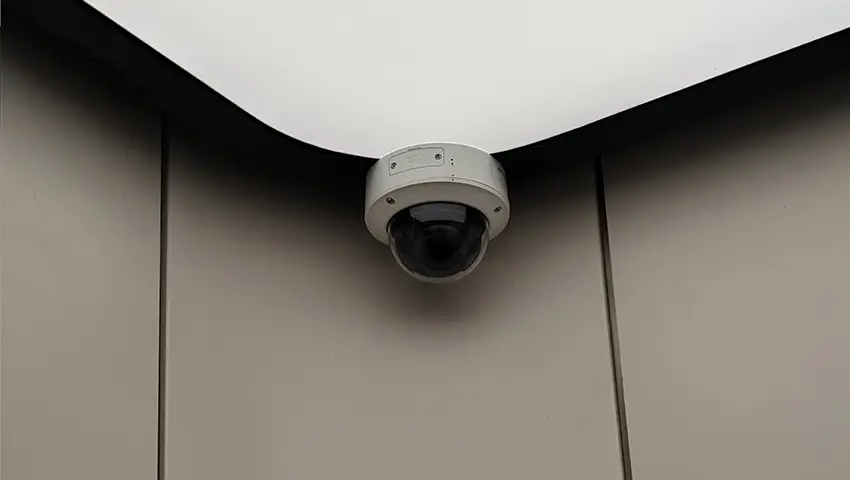Elevator cameras are rapidly becoming an indispensable component of comprehensive security strategies in modern buildings, addressing the unique challenges presented by these often-unsupervised vertical transportation spaces. Recognizing this inherent need, proactive property managers and building owners are increasingly relying on these systems to deter crime, protect occupants, ensure accountability, and foster a greater sense of security for everyone.
Contents
Why Install Cameras in Elevators?
Elevator cameras play a vital role in enhancing security. These surveillance systems help monitor activity within the elevator cabin, providing real-time footage and evidence when incidents occur. With a rise in privacy awareness and demand for safer public and private environments, elevator cameras have become a common and accepted solution.
Key Benefits:
- Crime Deterrence: Knowing they are being recorded discourages vandalism or inappropriate behavior.
- Incident Investigation: Recorded footage can be reviewed if something suspicious or illegal occurs.
- Passenger Safety: In emergencies or breakdowns, real-time visuals help security personnel assist effectively.
- Building Security: Integrating elevator footage with broader CCTV systems gives a full picture of building activity.
Types of Elevator Cameras
There are several types of cameras designed to fit the unique needs of elevator installations:
- Dome Cameras: Compact and discreet, ideal for tight spaces and 360° coverage.
- Miniature Cameras: Tiny, unobtrusive cameras perfect for elevators where space and aesthetics are concerns.
- IP Cameras: These offer remote access and are ideal for modern smart buildings.
- Analog Cameras: More budget-friendly, still widely used in older systems.
- Anti-vibration Cameras: Designed to stay stable in moving environments like elevators.
Important Features to Consider
When selecting an elevator camera, keep the following features in mind:
- Size and Design: It must be compact and tamper-resistant.
- Video Quality: HD resolution helps capture clear images, especially in low light.
- Night Vision: Vital for dimly lit or dark elevator interiors.
- Audio Recording: Optional in some regions — be sure to follow local privacy laws.
- Storage Options: Choose between SD card, cloud, or NVR-based storage.
Is It Legal to Install Cameras in Elevators?
In most places, it is legal to install elevator surveillance cameras in public or shared buildings, especially for security purposes. However, laws vary by region, and it’s crucial to avoid violating privacy regulations. Generally, audio recording may have stricter rules than video, so always consult local legislation before installation.
Conclusion
Elevator cameras are a powerful tool for improving security, increasing accountability, and enhancing passenger safety. Whether you’re managing a residential complex or a commercial skyscraper, installing elevator cameras provides peace of mind and vital documentation in the event of incidents. When choosing a camera, consider the design, image quality, storage options, and legal regulations to ensure effective and lawful monitoring.

